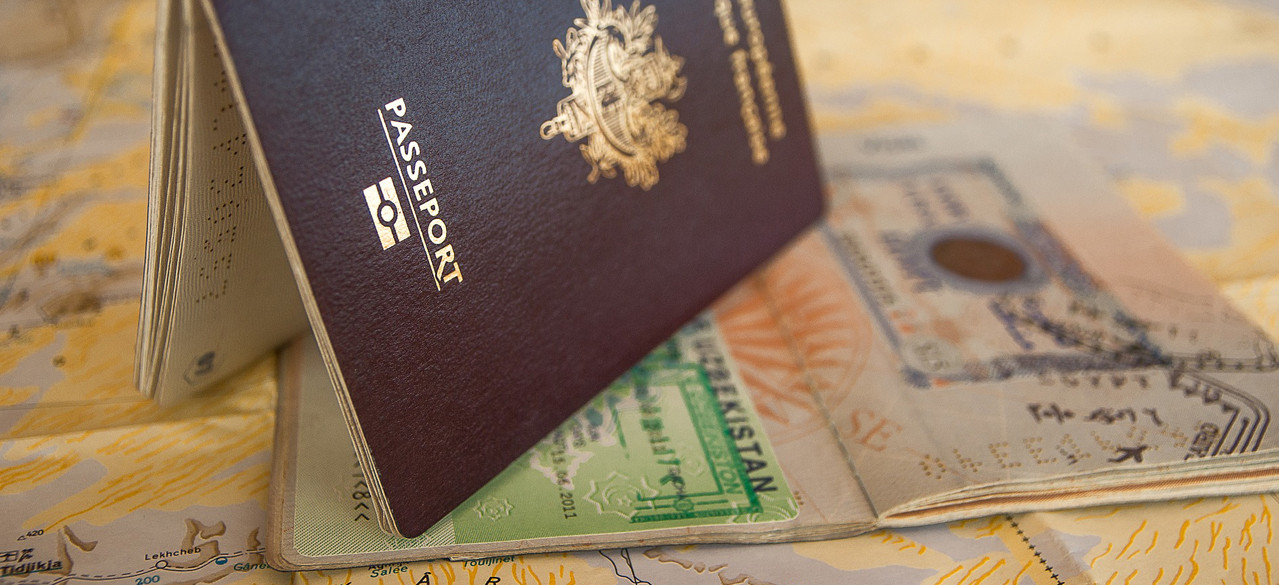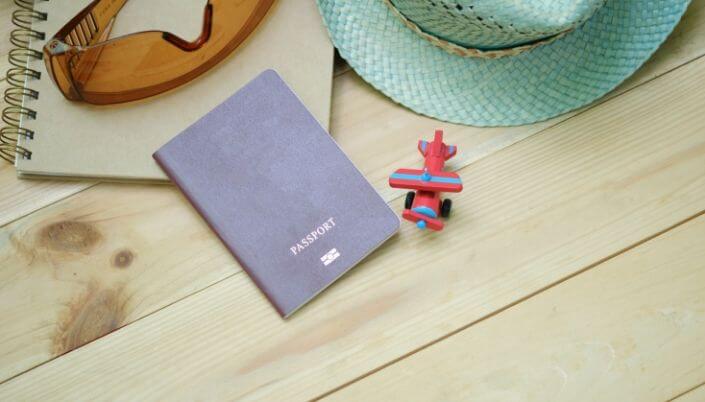

Ultimate Guide to Avoiding Pickpockets
29 Sep 2015 by Olga Brighton
Before your trip
Even before your journey starts you can take a few steps to minimize the risk of being robbed minimise your loss in case of theft.
• Make copies of travel documents. First off, make photocopies of your key documents – passport, tickets, rail pass, itinerary, car-rental voucher, prescriptions for medicine, and more. Make copies to both bring along with you and to leave with your loved ones. Also, bring a long a couple of your passport pictures, just in case.

• Take out travel insurance. Consider getting travel insurance with the theft cover. Remember to study the terms of your insurance to make sure that in case of theft, the policy will reimburse you for the direct loss of items during your trip. Usually travel insurance covers travellers for theft that occurs in the airport, while travellers are in the transit, in the hotel, etc. Keep in mind, however, that different insurance providers and even policies set different limits on their coverage for stolen goods and will require a Police Report. The limits are usually between £150 and £300.
Learn How to Get a Comprehensive Travel Insurance.
• Take pictures of your gadgets. If you plan to bring expensive electronics with you (smartphone, laptop, camera), take a picture of every item – it may help you settle an insurance claim. While travelling, don’t forget to back up your digital photos and files frequently.
• Don’t bring your bling along. Leave your jewellery and expensive accessories at home. Skip luxurious luggage. Things like that tend to lure thieves and attract a lot of unwanted attention.
When travelling
Enjoying your trip and staying safe while doing so must remain your priority. However, extra caution is advised, especially in popular destinations and developing countries. Follow these simple tips to minimize the risks of becoming the victim of pickpockets.
• Dress down. Leave your expensive clothes and designer bags behind. Thieves judge people by their looks and will always pick their victims among those who they presume to be rich. Also, locals rarely dress up to go on with their daily routine in the streets of their hometown, so dressed up passersby can easily be presumed to be tourists and tourists are the easiest targets for pickpockets.
Beware of Daylight robbery.
• Wear a money belt or an inside pocket. This small travel accessory will keep your money, cards, documents safe strapped to the belt around your waist concealed underneath your clothes. Some people prefer inside pockets, as they are more comfortable to wear due to the fact that they tuck into a pant leg instead of going around a waist.
Learn How to Not Get Robbed While Travelling.
• Beware of strangers. Basically, it is best to beware of anyone approaching you unless you know them personally or they are law enforcement. People asking for directions while holding a map or a notebook are often just a distraction trying to get your attention while their partner is pickpocketing you. Beware of official looking strangers who introduce themselves as interviewers or fund raisers.

• Look sure of yourself. If pickpockets had to choose the victim from a number of tourists, they would choose the one with the most confused look on their face. Try to be very aware of your surroundings and looks sure even when you are not.
• Secure your bag. Thieves are criminals but they are afraid of getting caught and even a minor obstacle can deter them from pickpocketing you. Make it your habit to loop a strap of your bag or backpack around your arm. If you need to lie down in a public place, fasten your pack or suitcase to yourself or your seat. To deter pickpockets even more, lock the zippers on your bag with a twist tie, paper clip or key ring. This won’t make your bag impenetrable; this will make your bag harder to get in than other people’s.
• Leave nothing unattended. Travellers lose their valuables even more often than have them stolen. Distracted by new impressions and emotions, tourists tend to become more absent-minded and leave their possessions in odd places. In hotel, try not to unpack your suitcases fully. When packing up again, run through a checklist and conduct an overall search. When you are out, try not to set your valuables down. Hold them in your hands or keep them tucked away. Don’t place your phone where it will be easy to snatch them.
If you got pickpocketed
Sometimes bad things happen despite our best efforts. If you find yourself pickpocketed abroad, do not panic. The vast majority of crimes involving tourists are non-violent and the fact that you did not get hurt is the most important thing.
Read also: Do Not Panic: What to Do if You Become a Crime Victim Abroad
• Deactivate your cards. Gather yourself and let your card providers know that your cards are no longer in your possession. Try to hurry, because some card providers hold travellers liable for the charges made between the loss of the card and the time you contact them.
• Go to the police station. You need to get a police report as soon as you can. It will help you support your travel insurance claim.

• Cancel your travel documents. Cancel your travel documents. Try to contact local embassy and airlines as soon as possible – they will need to cancel and replace your travel documents if they were stolen. Keep in mind that it will take some time. Embassies can sometimes help with emergency funding if you are in dire straits.
• Make a claim. Make a claim. Contact your travel insurance company to make a claim. The company may even be able to help you with emergency funding if needed.
• Cancel accounts Cancel accounts. If your phone was stolen, cancel your account. You don’t want to pay the ludicrous bills of the thief when you get home.
Keep in mind that pickpockets can operate in different scenarios, but don’t be paranoid, just be prepared. Exercise caution and you will have pretty good chances at keeping your valuables.
Read also: Delayed or Lost Airport Luggage: What You Should Do
We accept

